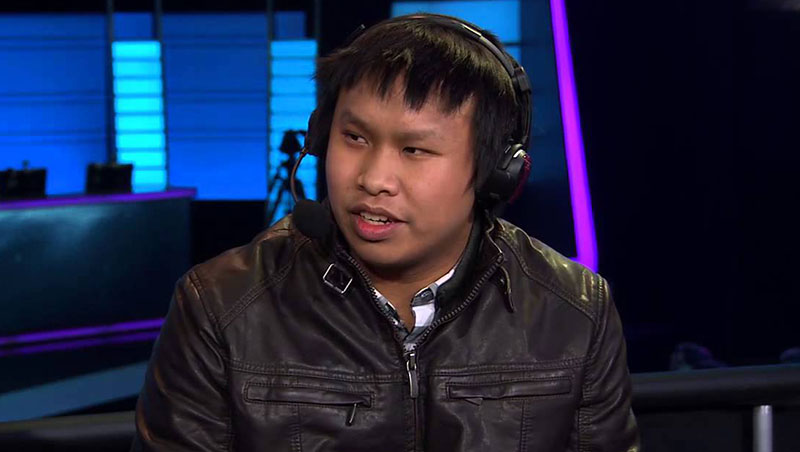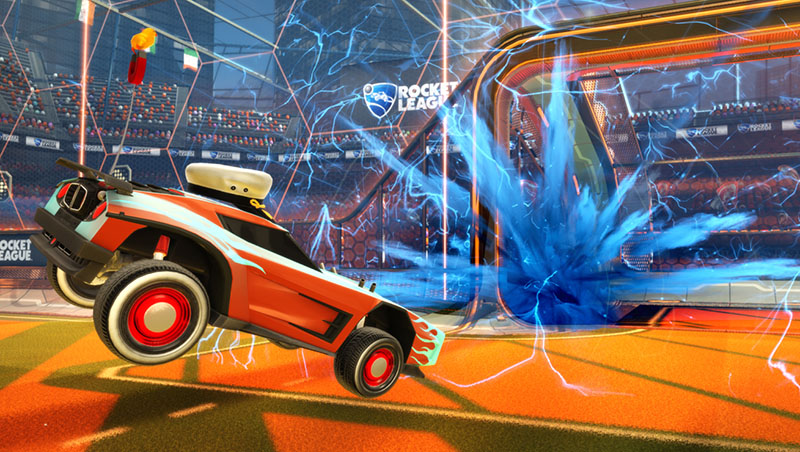Missed something in the ever-evolving Esports industry? Here’s your weekly recap!
LCS teams are rioting

Let’s talk LCS. In the eve of the Summer Split Finals in Europe and North America, an interview sparked a response which sparked a drama which sparked many more responses.
Andy “Reginald” Dinh, owner of fan-favorite Team SoloMid, complained in an interview on how Riot doesn’t care about their LCS teams, throwing game-changing patches days before major tournaments. He went on, comparing the cost-to-revenue ratio of an LCS team compared to Dota or CS:GO sections which generate more money.
Riot co-founder Marc “Tryndamere” Merrill was (maybe too) quick to answer Reginald in an emotional and now infamous/edited reddit post where he called out the TSM owner for investing in other Esports. The community uproar was swift, but the best part was that the other LCS team owners came in defense of Reginald, sharing their own struggles and doubts with the Riot’s way.
We followed and gathered all the drama and discussions on our dedicated Twitter thread.
In the conflict of interest of everyone…

The latest community witch hunt is about a few people controlling too many Esports organizations. A powerful Russian company named ESForce was recently under the spotlighs for owning organizations such as Virtus.Pro, SK Gaming, media rights for Natus Vincere and numerous Esports websites in the CIS region. The funny part is that the website which published the story is now caught in the same scandal.
The well-respected Esports Observer has financial ties with Jens Hilger, an influencial Esports entrepreneur. Part of the founding ESL team, he then left to start new ventures like Dojomadness.
He’s also involved in numerous companies, which seems normal for an investor and entrepreneur. But some of his investments are in rival teams (G2 Esports and Fnatic) and the self-proclaimed independent Esports Observer. Feels like a drama inception.
On a more serious note, these conflicts will keep on happening as long as there is no legislation to rule all this mess.
Team Rocket

Let’s end this digest with the beloved Rocket League which is doing well, very well. The latest numbers show that jet-motorized football is not a fluke. A year after its launch, the latest Psyonix game boasts impressive numbers :
- 7,000,000+ paid sales
- 20,000,000 players
- approx. $150,000,000 revenue
- All this with a mere $2,000,000 budget.
Rocket League is a great case study on how to make a successful competitive game: make a great game, put it in as much players’ hands as possible (Rocket League was free with the PlayStation Plus) and keep on polishing its mechanics while adding new content. Then and only then, launch the Esport efforts.